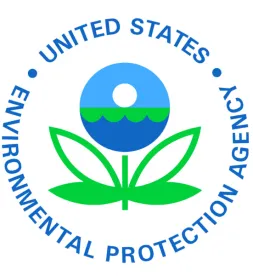For the first time in 17 years, U.S. EPA has updated its policy governing projects that can be performed as part of settlements with EPA. EPA’s Office of Enforcement and Compliance Assurance (“OECA”) recently issued this critical update to its Supplemental Environmental Projects Policy (“2015 SEP Policy”) on March 10, 2015, which became effective immediately. The 2015 SEP Policy supersedes all prior versions and incorporates EPA OECA guidance and implementation decisions on SEPs from the last 17 years.
SEPs are not required by law but, where negotiated, may mitigate a settling defendant’s civil penalty assessment. The 2015 SEP Policy provides EPA compliance enforcement personnel with a framework for determining whether to include an SEP in a civil or administrative settlement, how to evaluate proposed projects, and what is required in settlement documents where an SEP is included. While EPA reiterated in the policy update its continued support for the inclusion of SEPs in settlements, the evaluation of, and determination to include, a proposed SEP remains within EPA’s discretion.
The 2015 SEP Policy identifies the types of projects that may and may not qualify as SEPs. The eight categories of projects that may qualify as SEPs include:
-
public health projects, if specific to the population that was harmed or put at risk by the alleged violations;
-
pollution prevention projects;
-
pollution reduction projects;
-
environmental restoration and protection projects;
-
assessments and audits addressing pollution prevention, environmental quality, or compliance;
-
environmental compliance promotion projects;
-
projects related emergency planning and preparedness; and
-
other projects if they demonstrate environmental or public health benefits.
Projects that will not qualify as SEPs include:
-
general public educational or awareness projects;
-
contributions to colleges or universities for environmental research;
-
cash donations;
-
projects unrelated to environmental protection;
-
studies or assessments that do not incorporate a requirement to correct or resolve issues identified in the studies or assessments;
-
projects that will be undertaken with federal loans, grants, contracts, or any other forms of federal assistance;
-
projects that may become profitable to the settling defendant within a certain number of years;
-
projects for the provision of raw materials only;
-
projects that are not discrete actions with public health or environmental benefits;
-
projects that depend on contributions by others who are not a party to the settlement or hired by the settling defendant to implement the project; and
-
third-party compliance projects.
Generally, proposed projects should meet one or more of the policy’s evaluation criteria and should demonstrate support for EPA’s mission to protect public health and the environment. The 2015 SEP Policy highlights five current EPA priorities: Children’s Health, Environmental Justice, Pollution Prevention, Innovative Technology, and Climate Change. Of these five, protecting children’s health, encouraging the development of innovative technologies, and addressing climate change are newly incorporated priorities with this policy update.



 />i
/>i

